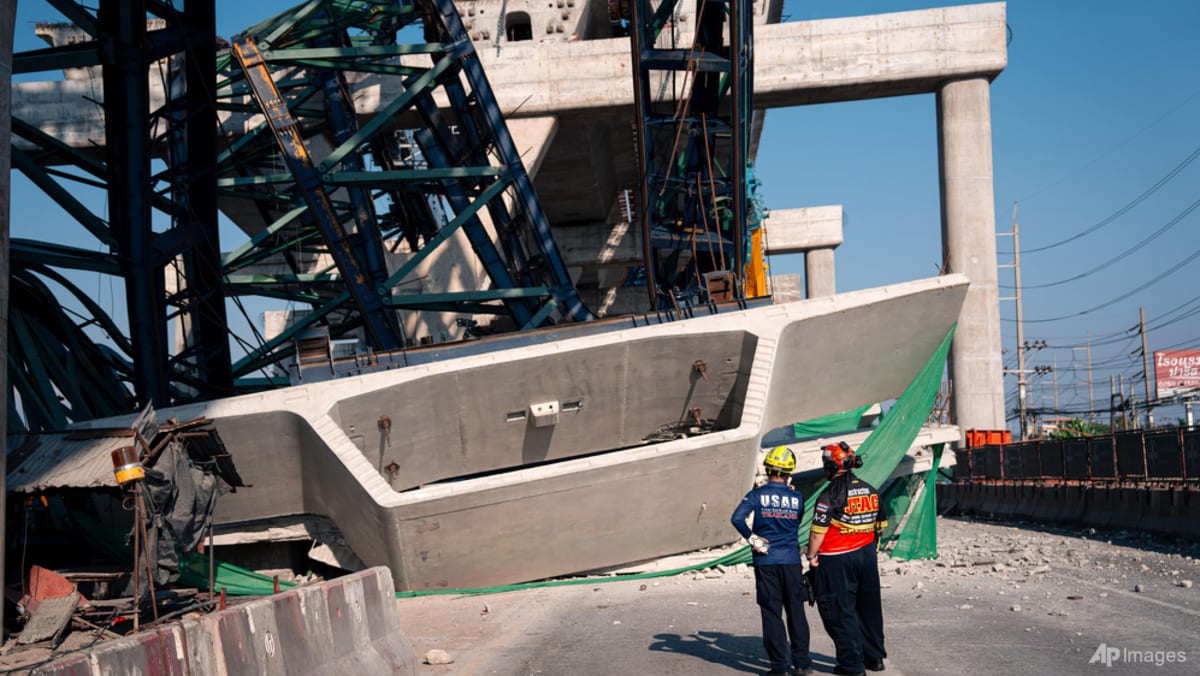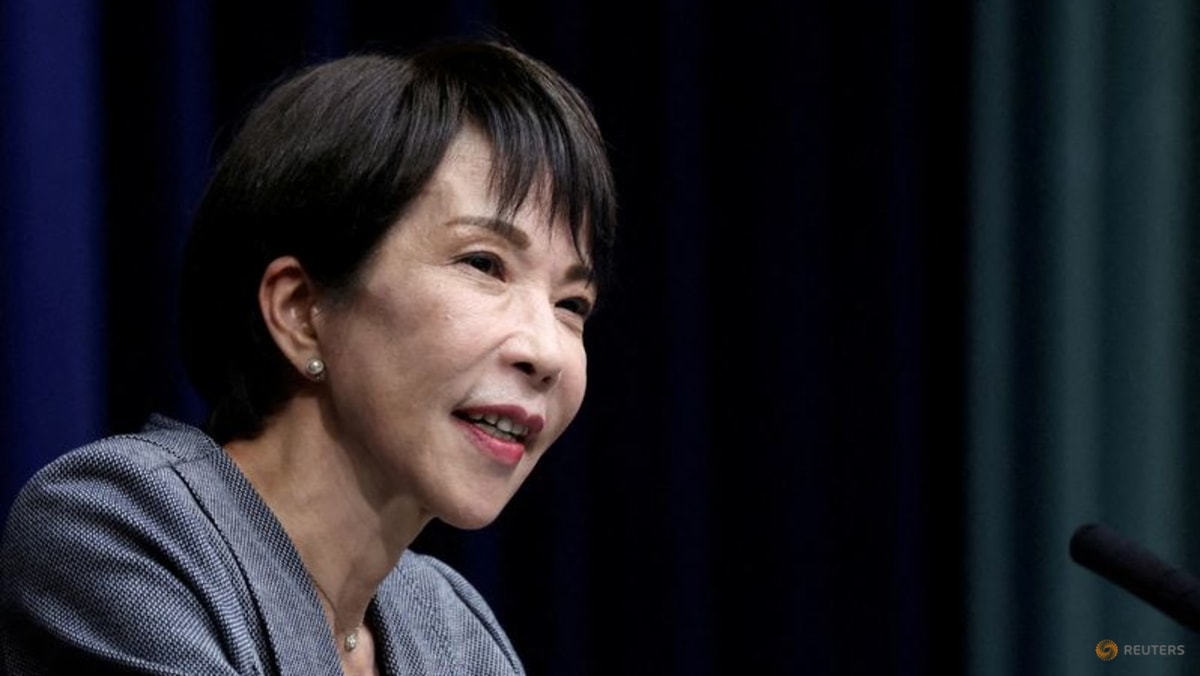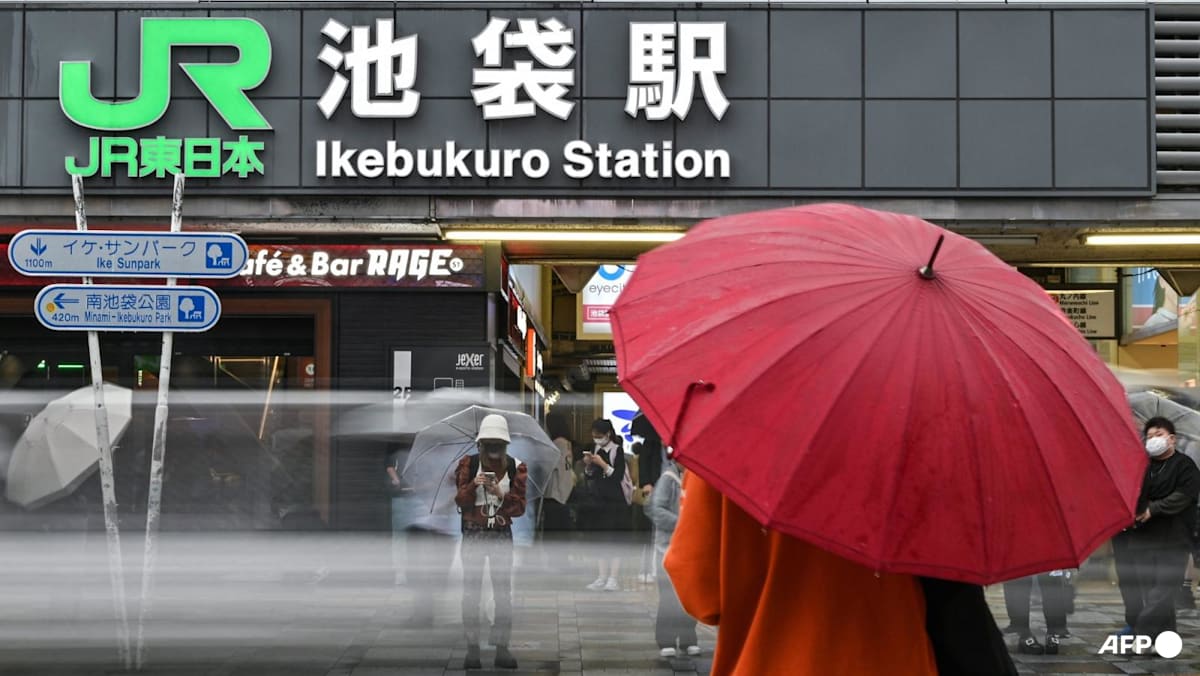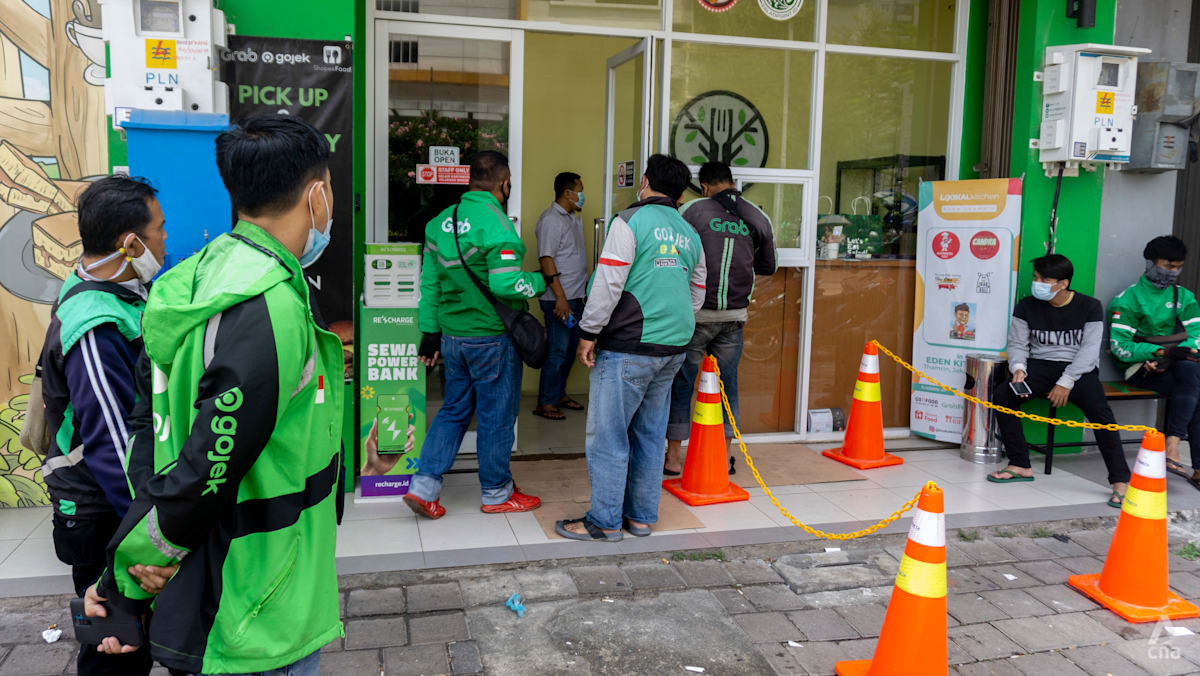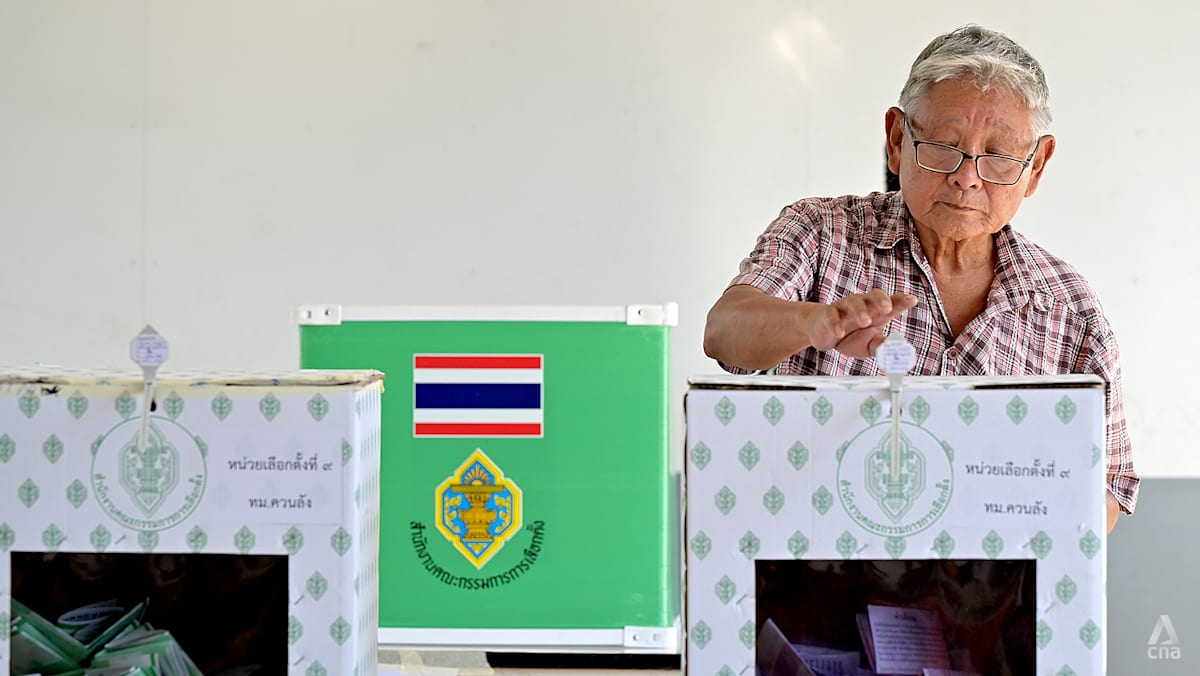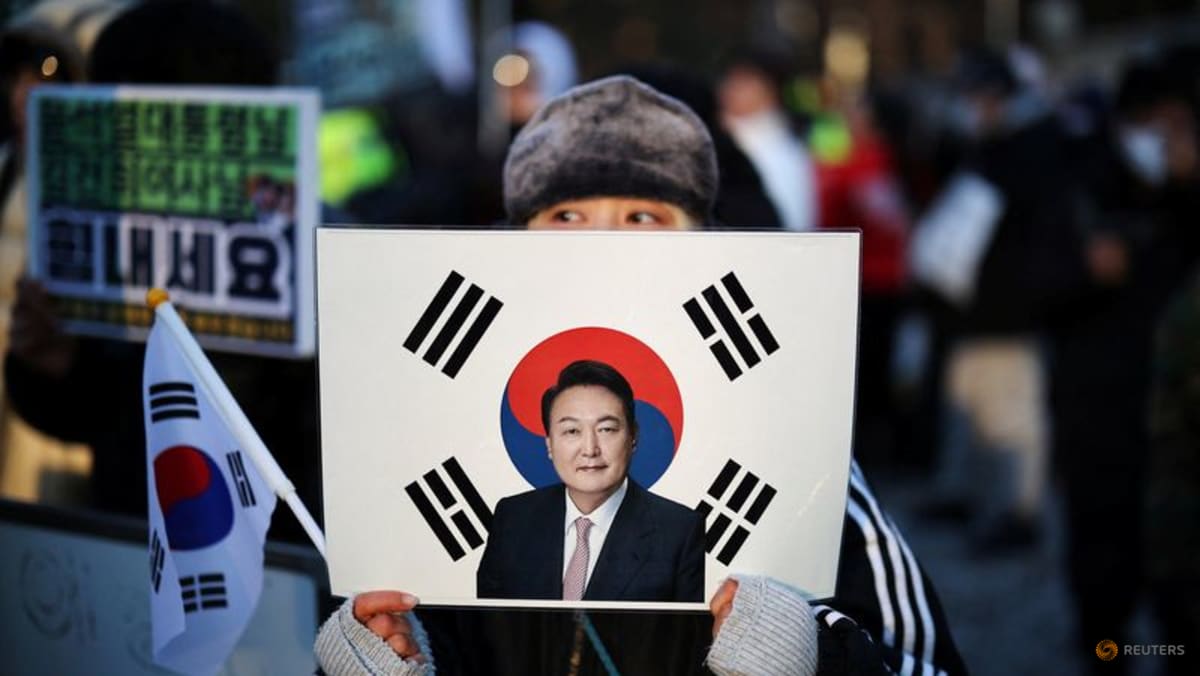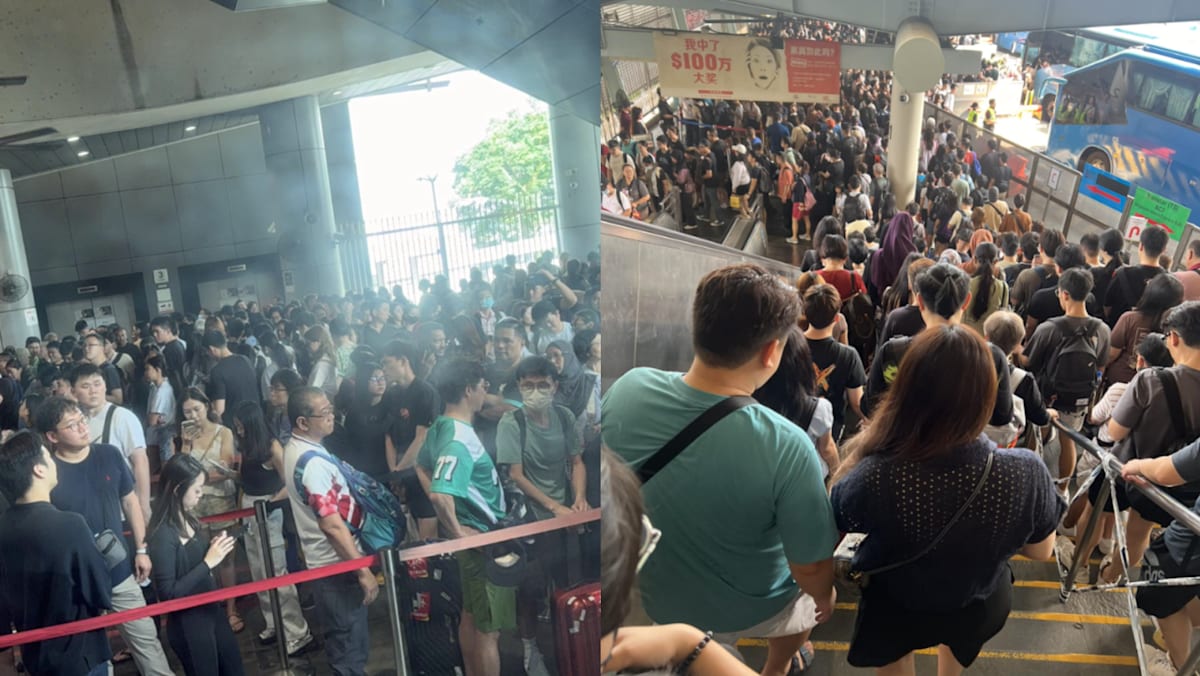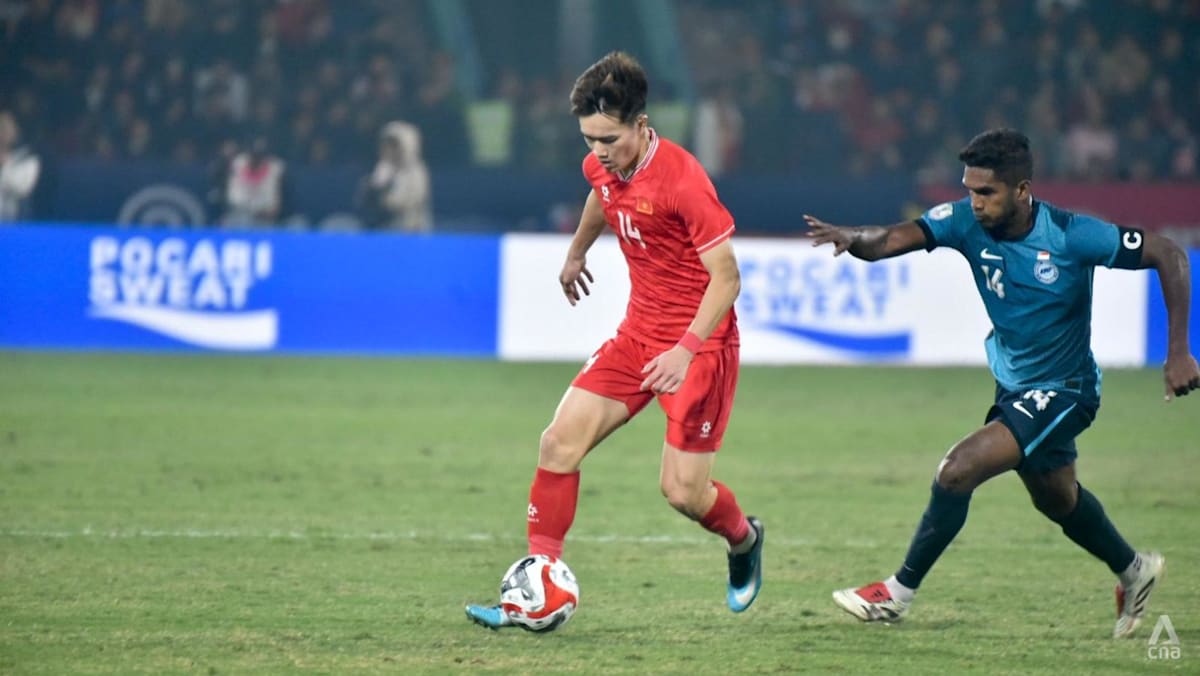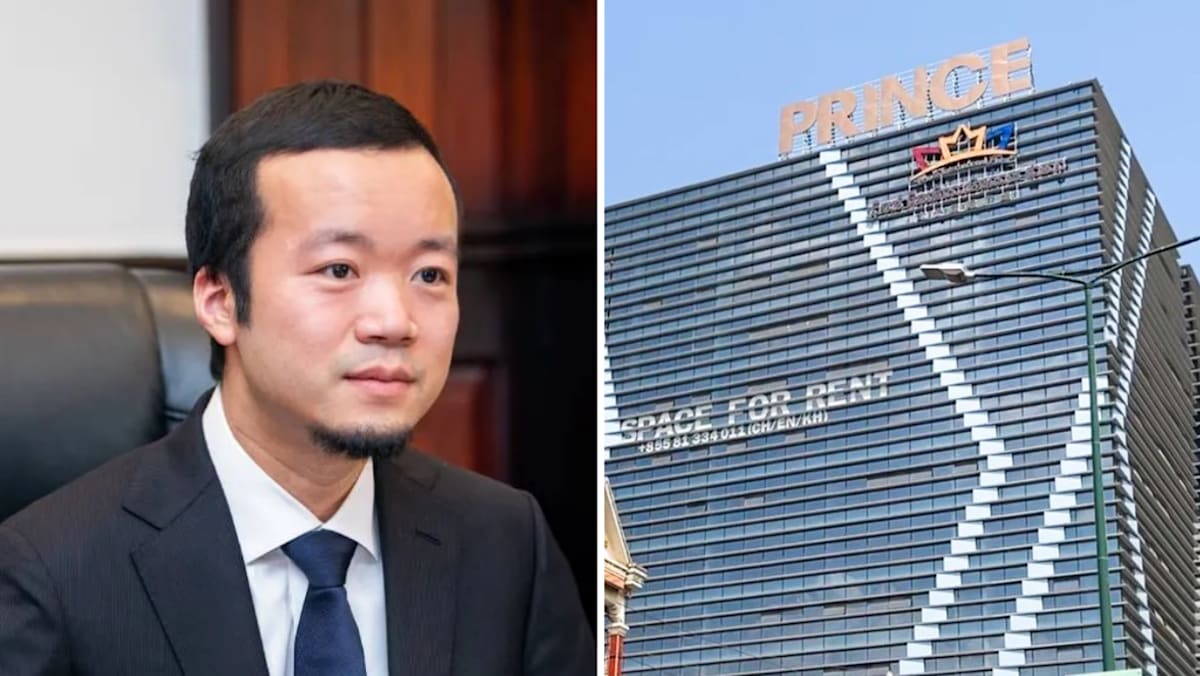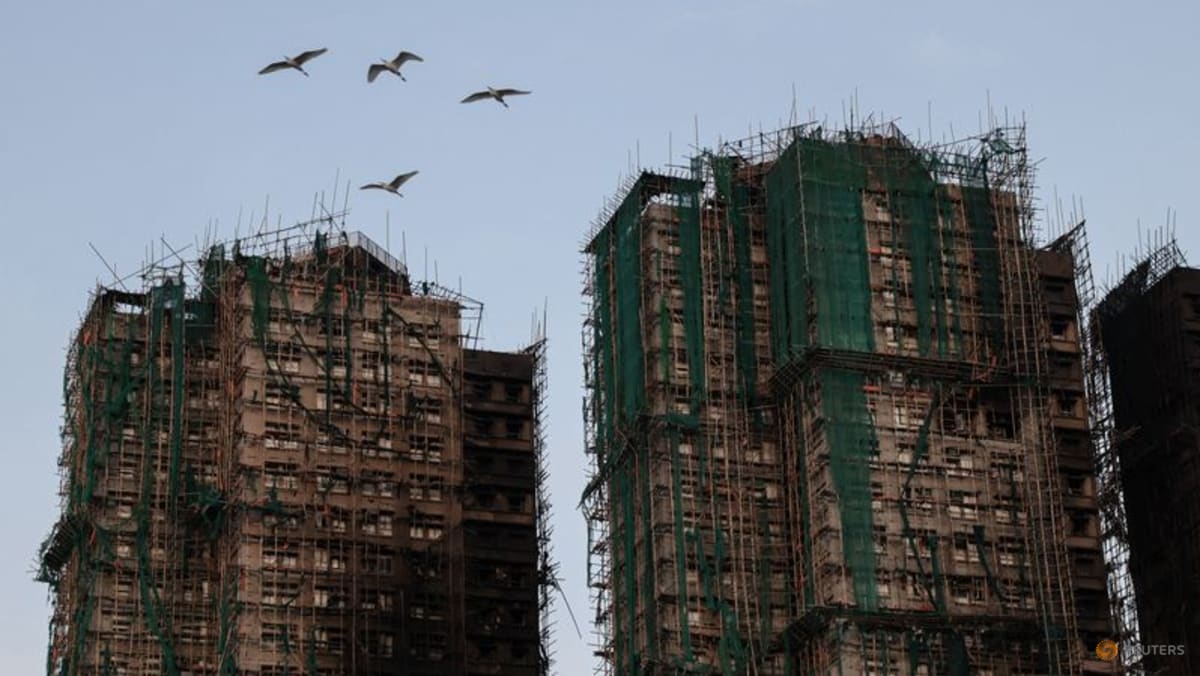Analysis: Latest twist in Thai politics inches country possibly towards a ‘big crisis’, and nobody knows how it will end
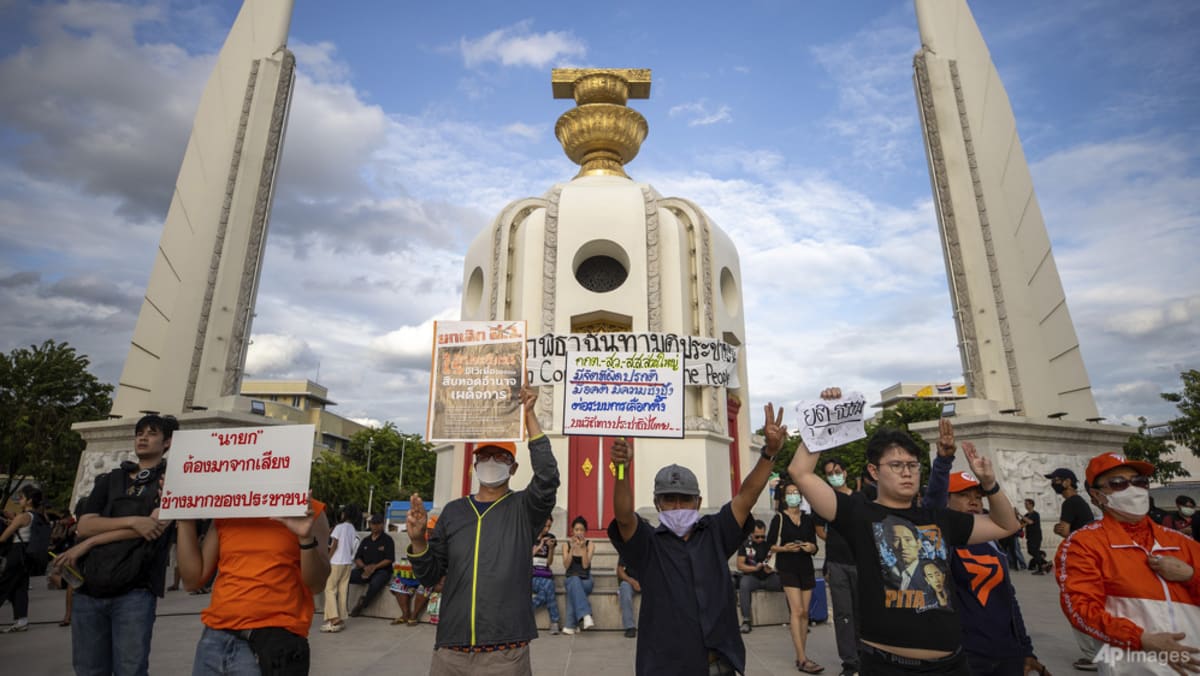
Its reformist spirit and policies resonated with many Thais and resulted in a surprise electoral victory on May 14, when more than 14 million voters poured their support to MFP in the national party-list election.
Of 52 million eligible voters, more than 25 million of them expressed their wish through the ballots to support the pro-democracy camp, which mainly includes MFP and Pheu Thai.
Yet, their conservative rivals from the old ruling coalition have managed to gain the upper hand in the political game, thanks to the constitution written by a military-appointed committee.
Enacted after a coup d’etat in 2014 by incumbent Prime Minister Prayut Chan-o-cha, the constitution gives power to the 250-member Senate – handpicked by the junta – to jointly select the prime minister with the House of Representatives until May 2024.
On Jul 13, Mr Pita failed in his initial bid to become prime minister. Six days later, his renomination for the post was blocked by MPs and senators and his MP duties were suspended by the Constitutional Court over shares in a defunct media company.
“All these reflect the establishment’s desperation to hold on to power. It doesn’t want the liberal democratic side to have political power,” said Dr Titipol Phakdeewanich, a political scientist from Ubon Ratchathani University.
“These mechanisms were created after the coup in 2014,” he added. “They were installed to allow the military camp to maintain its power.”
Dr Titipol noted that Thai politics and capitalists have long intertwined and their close connection has contributed to structural problems in the country.
“They fear they would lose their benefits, especially when it’s clear that many policies of Move Forward are designed to destroy the capitalists’ power,” he explained, citing the party’s plans to demonopolise the country’s alcohol industry and decentralise power.
THAKSIN’S RETURN TO THAILAND
After failing to win the premiership bid, MFP had passed the baton to Pheu Thai to form an eight-party coalition government.
In announcing its departure from the alliance with MFP to set up a new coalition government, Pheu Thai said it would now nominate its prime ministerial candidate Srettha Thavisin for the post.
“The Pheu Thai Party and Mr Srettha Thavisin would like to officially confirm we will not support the amendment of Section 112 and the forming of a new government will not have the Move Forward Party in the coalition,” the party said in a statement on Aug 2.
Although Pheu Thai is yet to say which parties would be in the new coalition, it has been widely speculated that the new allies would include political groups from the old ruling camp such as Bhumjaithai, Chart Thai Pattana and even the military-linked Palang Pracharat.
Palang Pracharat’s party leader Prawit Wongsuwon is Thailand’s incumbent deputy prime minister and former army chief. He was a key member of the military junta that seized power from the Pheu Thai government in 2014.
Besides regaining power, Pheu Thai’s move was also seen as an attempt to facilitate a safe return of former Prime Minister Thaksin Shinawatra, who was ousted from power in a military coup in 2006 and currently lives in exile in Dubai, United Arab Emirates.
The Shinawatra family has close ties with Pheu Thai – a reincarnation of Mr Thaksin’s old political group Thai Rak Thai, which was dissolved in 2007. In fact, his youngest daughter Paetongtarn Shinawatra is one of the party’s prime ministerial candidates.
Last week, she announced her father would return to Thailand on Aug 10 after living in exile for nearly two decades.
Dr Puangthong described Mr Thaksin as “a big factor” behind Pheu Thai’s political policy, which she said has never touched the military or the monarchy since the coup in 2014.
“They believe that as long as they don’t touch them … They’ll be safe and can be in the government,” she told CNA.
“This is a signal to the establishment that Pheu Thai has compromised with the status quo.”
However, analysts believe Pheu Thai’s departure from MFP and the old coalition has angered many pro-democracy supporters and greatly damaged the party’s image and diminished its popularity among voters.
“This is like a political suicide by Pheu Thai,” said Dr Titipol from Ubon Ratchathani University.
“They’re caught in a trap from the past when they were admired by the people, and think their populist policies can help them come back, which is no longer true. If people still really admired populist policies like their 10,000 baht (US$288) digital cash handout, Pheu Thai would have already won a landslide victory.”
MOVE FORWARD PARTY COULD BE DISSOLVED
The race to form Thailand’s next government has continued with rumours of secret deals and speculations.
In order to win, Pheu Thai needs the approval of at least 375 parliamentarians or more than half of the joint assembly. The task seemed impossible for its old ally MFP, which is shunned by rival parties and senators.
The party, however, seems prepared for a possible dissolution – the same fate suffered by its predecessor Future Forward Party.
But according to Dr Puangthong, the legal blow could be more severe this time as the regime has witnessed what the MFP could achieve in the past four years as an opposition party.
Its debates on the annual budget for the monarchy, calls for reforms by the youth-led movement, and corruption in the police and military forces not only damaged the old establishment but also increased the party’s popularity among voters.
“If the establishment lets this continue for another four years, it would be even harder to get rid of Move Forward in the next election,” she said.
Source: CNA


